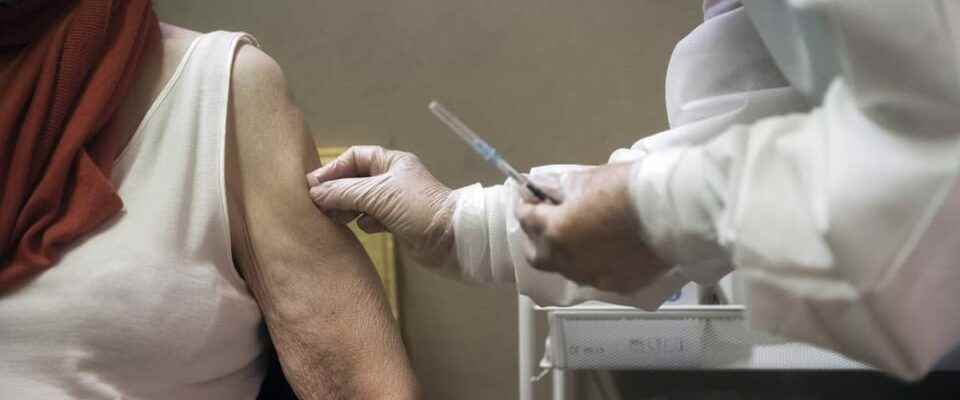The campaign for the second corona booster began in October. Over 80-year-olds showed little interest in it. For lack of interested people, the vaccination center in Heiden (AR) is even closing today Thursday. How does this affect the course of the pandemic? A three-month summary with ETH professor Tanja Stadler, who previously chaired the scientific task force and has recently become the federal government’s new Covid advisor.
SRF News: Does a second booster vaccination work?
Tanja Stadler: Data from vulnerable people shows that the risk of being hospitalized can be significantly reduced with a second booster vaccination.
Suppose a group of vulnerable people does not get a booster shot. Now, for example, 30 of them would have to go to the hospital. In an equally large group of vulnerable but freshly boosted people, only ten people would have to be hospitalized. The booster vaccination thus reduces the number of hospital admissions due to a corona infection.
Is Corona still dangerous?
Yes, that’s how we see it at the moment. In the last few weeks we have had a relevant number of hospitalizations because of Corona. This means that this virus continues to produce severe courses. But we have managed – with vaccinations and the current many infections – that the Swiss population has built up a very complex immunity.
A renewed corona wave is no longer of the magnitude that we saw in 2020.
A renewed corona wave is no longer of the magnitude that we saw before the vaccinations in 2020. But the corona virus continues to cause many infections and this also leads to a relevant number of long-term consequences, i.e. Long Covid.
Legend:
Around ten percent of the Swiss population has been vaccinated against the corona virus in the last six months.
Keystone/SAMUEL GOLAY
Is this danger underestimated by the population?
The corona virus is here. There are always reports that, for example, tram lines are canceled because there are many infections and cases of illness. The same thing happens in hospitals, where the shortage of staff comes to a head when many people contract Corona at the same time. In addition, hospitals also have a lot to do with patients with other respiratory viruses such as influenza or the RS virus. All this is an additional burden for society.
Are we in an endemic state?
According to the definition of the WHO, with a view to China, we are still in a pandemic, i.e. a global problem. Endemic means that we are in a regular state. However, endemic does not mean mild. For example, malaria is endemic in many areas. However, it can still be very dangerous.
How do you assess the current situation?
Switzerland has managed to make almost everyone immune to the corona virus. So we’re not that vulnerable anymore.
We are not banned from long-term consequences like Long Covid.
But we can still get infected and are not immune to long-term consequences like Long Covid, which occurs in both the infected and the reinfected.
Could there be more variants?
The virus circulates all the time. This can also lead to mutations. The virus seems to be evolving at the moment, but it’s not managing to make big leaps again. Of course nothing is excluded.
So are we in for a safe winter?
At the moment we are seeing in the wastewater that the virus circulation is increasing, presumably because of the new dominant variant BQ.1.1, a further development of Omicron. We assume that there will be repeated increases in corona infections over the winter. This also increases the risk of long-term consequences for the Swiss population.
Tobias Bosshard conducted the interview.
